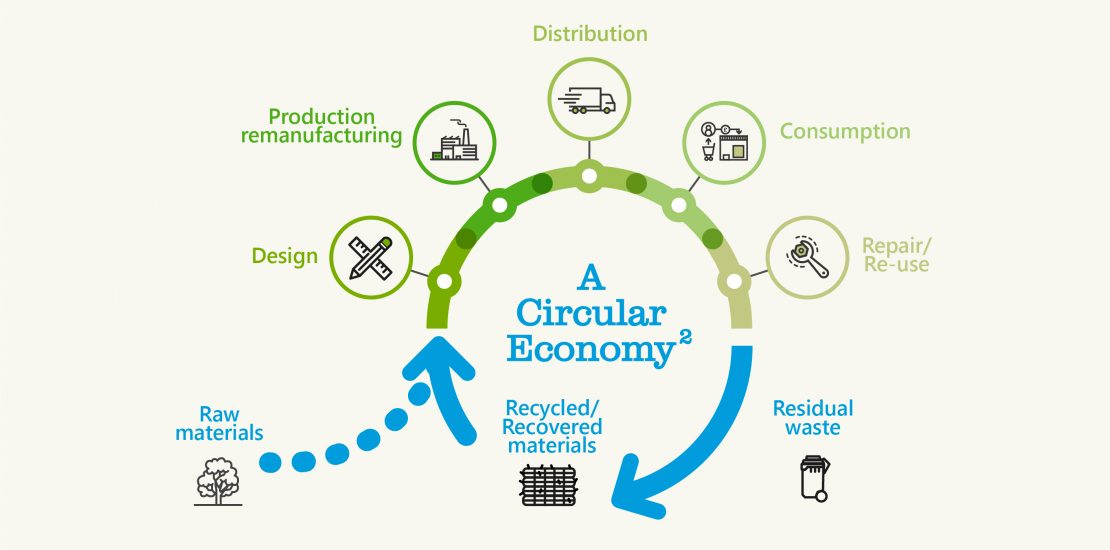- January 16, 2020

‘Sustainability’, ‘Climate Strike’ and ‘Single Use’ – sound familiar? The latter two were respectively defined as the 2018/2019 Collins Oxford English Dictionary words of the year. Climate Strike is defined as “a form of protest in which people absent themselves from education or work in order to join demonstrations demanding action to counter climate change” and Single Use refers to our unsustainable plastic culture.
There has been great publicity surrounding this topic, with prominent public figures such as climate activist, Greta Thunberg, taking a lead on the charge in a bid to raise awareness and change our current ways. The environmental impact is now more visible than ever, the recent bush fires across the south east coast of Australia due to the rise in global temperatures is one very poignant reminder. Global companies are also weighing in on the topic, such as Coca Cola, who stated that they aim to make all their global packaging 100% recyclable by 2025, in addition to planning to collect and recycle a bottle or can for every one they sell by 2030.
Did you know that up until January 2018, China willingly handled almost half of the world’s total recycling waste for the past 25 years?
This was due to numerous factors, such as their low contamination standard, competitive pricing and high demand – in addition to the logistical advantage of loading up the cargo ships that carried Chinese consumer goods abroad that would otherwise be returning back to China empty. This resulted in a very profitable business model, however, after January 2018, China made the tough decision and implemented the ‘National Sword Policy’ which brought unprecedented restrictions on waste imports to the country and therefore shut down what had been the industry’s biggest market, in a bid to reduce the overwhelming capacity issues at Chinese processing facilities. This, therefore, has resulted in a seismic shift in how the rest of the world processes materials, with a greater focus on improving countries own recycling processes.
So what is the UK doing about this? Subsequently the UK government has laid out plans to become a world leader in the recycling field and has released a ‘Resources and Waste Strategy’, clearly detailing a twenty-five-year environment plan, where the government has pledged to leave the environment in a better condition for the next generation. This will help us move away from the dated, inefficient linear economic model of ‘Take, Make, Use and Throw’, to the more sustainable model in ‘A Circular Economy’ – where we keep resources in use for as long as possible, extract the maximum value from them whilst in use, then recover and regenerate products and materials at the end of each service life.
This change is already in motion, with companies taking advantage of the huge growth potential in the waste management industry. Improving our efficiency and processes within this industry will be paramount in us achieving the government target of 50% recycled waste, ensuring the next generation’s future quality of life. There will also be a greater focus on knowledge surrounding this industry – what we can and can’t recycle. According to ‘Letsrecycle.com’ the current difference between the best and worst performing UK local authority, based on the percentage of household waste sent for recycling, is 47.9%.
This is a massive opportunity for the UK to transform how we view and manage our waste and subsequently we all need to challenge ourselves as individuals and businesses to be part of the new circular economy.
“Be the change that you wish to see in the world.”
― Mahatma Gandhi
